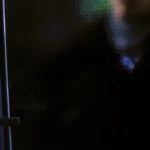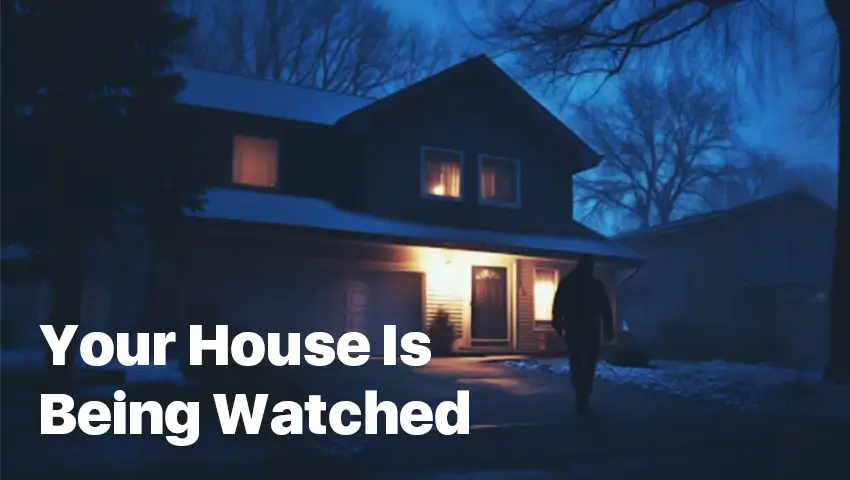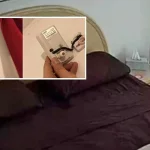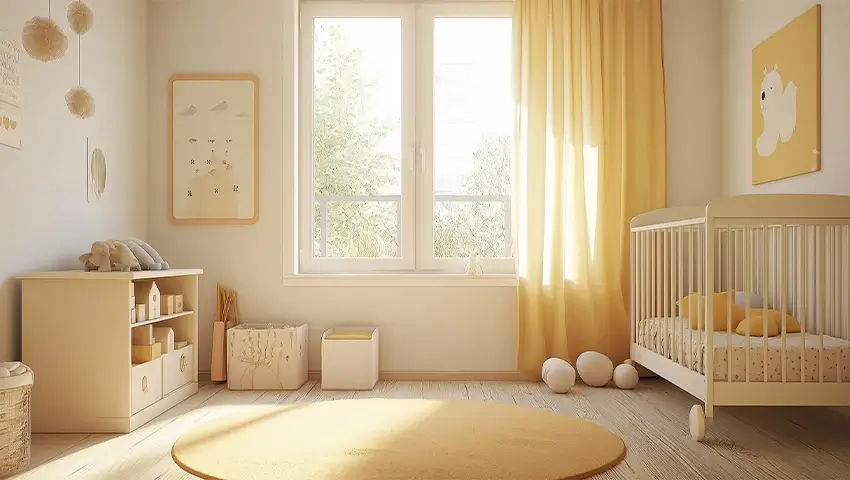With the rising prevalence of security cameras, privacy concerns can sometimes emerge, particularly when a neighbor’s camera seems to be pointed at your house. You might wonder: “Can my neighbor have a security camera aimed at my property?” The answer depends on the legal context and local laws. This article explores key considerations to help you better understand your rights and options.
Contents
Understanding the Legal Boundaries: Where Security Meets Privacy
In most cases, homeowners are allowed to install security cameras on their property, even if the cameras capture parts of a neighboring house or yard. Generally, the law favors public spaces, like front yards or driveways, where there is no reasonable expectation of privacy.
However, the issue changes when cameras are directed toward private areas, such as your backyard or windows, where privacy is expected. Legally, the question often boils down to distinguishing public vs. private spaces. For example, if your neighbor’s camera captures footage of areas visible from the street, it’s typically permitted. But if the camera is recording more secluded parts of your home that aren’t visible to the public, privacy laws may come into play.
Protecting Your Privacy: When a Camera Feels Intrusive
The law typically protects areas where you have a “reasonable expectation of privacy,” such as bedrooms, bathrooms, or enclosed backyards. If your neighbor’s camera seems directed into these areas, it could be considered an invasion of privacy.
However, intent also matters. Most people install cameras for security, not to spy on neighbors. If the camera inadvertently captures parts of your property while monitoring theirs, it’s generally not seen as a violation. Issues arise when the camera appears to be deliberately pointed at private areas on your property.
Steps to Resolve the Issue
If you feel uncomfortable about your neighbor’s camera, you can take the following steps:
- Start a Conversation: Calmly explain your concerns without assuming bad intentions. They may be open to adjusting the camera angle.
- Propose a Solution: Suggest practical solutions, such as repositioning the camera to cover only their property.
If talking doesn’t solve the issue, you might consider mediation services or reaching out to your homeowner’s association. In extreme cases, if the camera is clearly aimed at your private spaces—like a bedroom—you may need to collect evidence and consult legal counsel.
When to Seek Legal Action
In some extreme situations, legal action may be necessary, especially if you believe the camera is intentionally violating your privacy, like filming private areas of your home. Before taking legal action, gather evidence (such as photos or videos) to show the camera’s direction.
Consulting a lawyer can help you understand your rights, as privacy laws vary by location. Keep in mind that courts tend to favor security purposes over minor privacy concerns in public areas but are generally stricter about protecting private spaces.
Conclusion
Balancing security and privacy in today’s world of widespread camera use can be complex. In most cases, respectful communication with your neighbor can help resolve any concerns. If the situation escalates, knowing your rights and understanding when to take legal action is essential. Always begin with an open dialogue, and remember, most people value privacy just as much as security.





